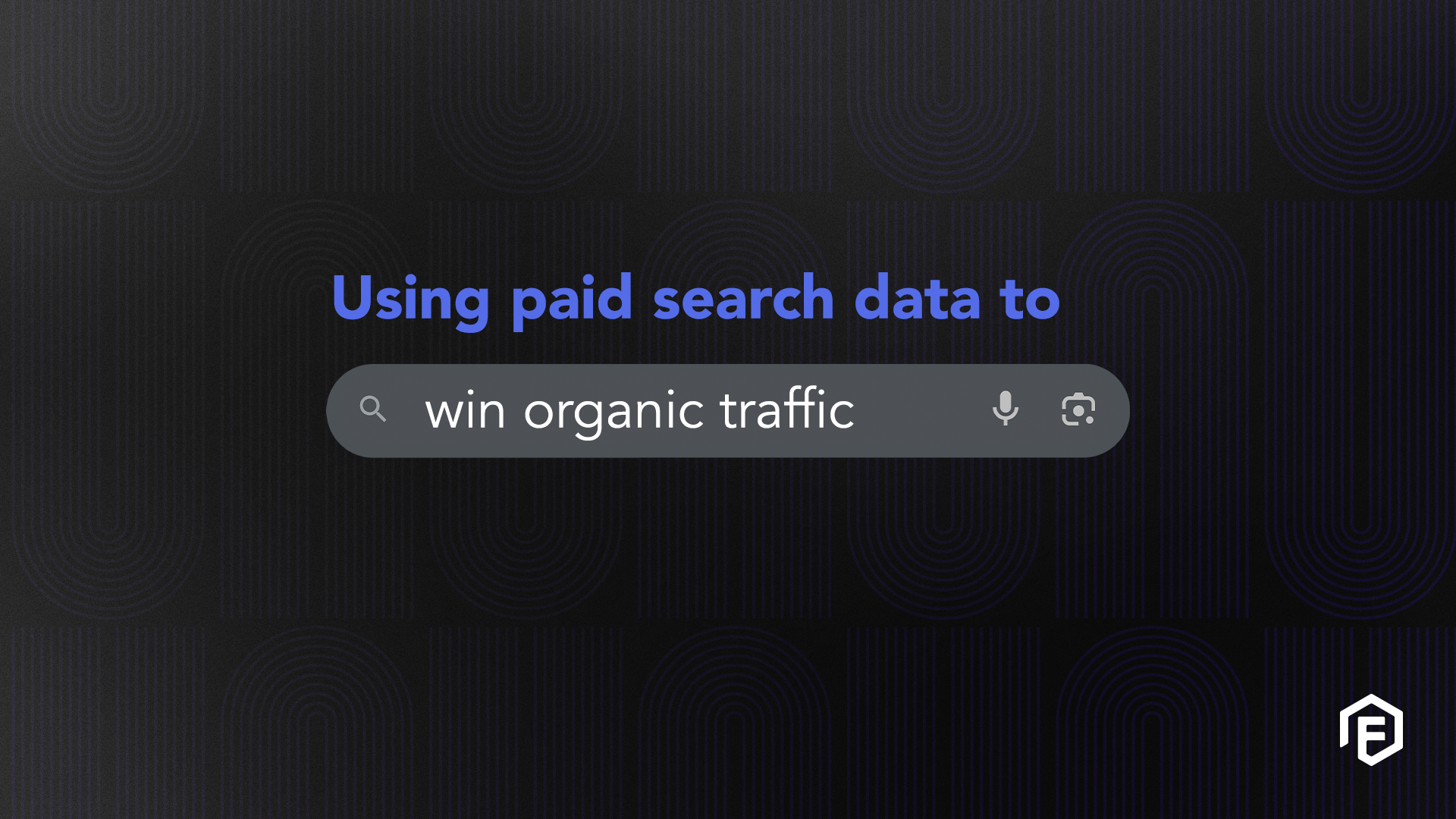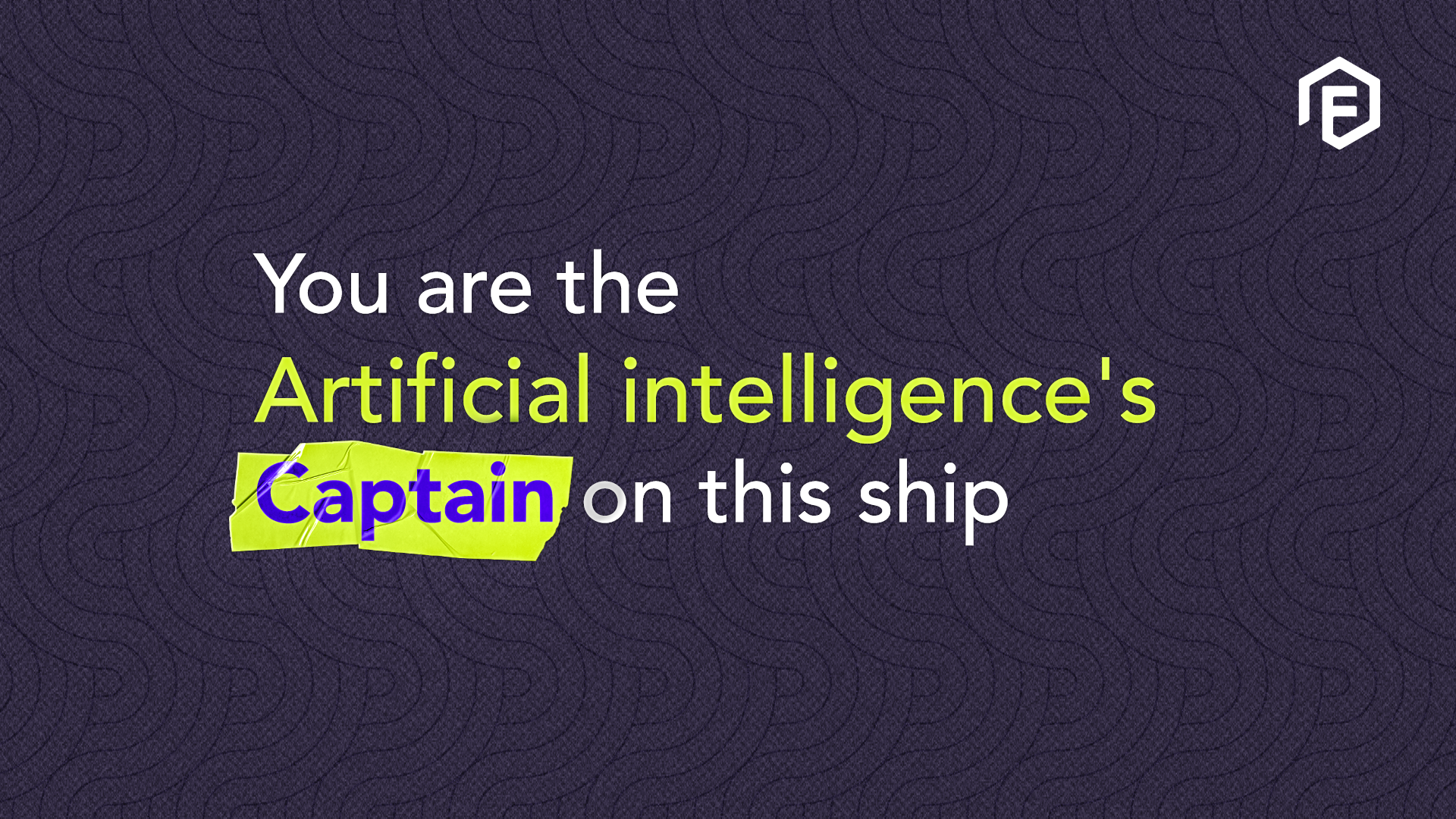Why Big Data is Set to Redefine the Future of Aerospace
As the world becomes more digital, an enormous amount of data is constantly generated, from our social media activity to our curated Netflix accounts and many other areas in our everyday lives. As technology becomes more sophisticated and personalised according to each person’s preferences, newer and more current data continuously replaces existing data. Big data analytics is necessary to process and make sense of this vast amount of data.
What Exactly Is Big Data Analytics?
Data analytics is the systematic examining of large and complex data to uncover patterns, correlations, and insights used to inform strategic decisions. Data analytics converts raw data into actionable insights to improve business performance and operations, reduce costs, and gain a competitive advantage. It is relevant to many industries, including financial services, healthcare, aerospace, marketing, and manufacturing.
Big data is distinguished by three key characteristics; high volume, high velocity, and data from multiple sources in different formats. Big data analytics is a significant driver of innovation for the future, particularly in the aerospace industry.
Big Data In Aerospace
You may be asking, what is aerospace? As the name suggests, aerospace is the advancement of human technology that enables the travel and exploration of the earth’s atmosphere and space. The aerospace industry is the branch of engineering and manufacturing that deals with the design, development, and production of commercial and military aircraft, helicopters, satellites, rockets, and other spacecraft.
The aerospace industry is vital in advancing human progress and is subject to rigorous testing procedures to ensure that systems are safe, reliable, and effective. New and innovative data technology is used to improve aerospace operations from conceptualisation to design, production, after-market service, and in-flight operations. Aeroplanes have sensors embedded in their systems to collect data such as speed, stability, altitude, torque, air pressure, and more. Sensor intelligence helps analyse and manage an aircraft’s health.
Data is collected and analysed to identify areas of improvement in efficiency and cost, based on past performance.
How big data can improve the future of aerospace and aviation?
The aerospace industry is not new to data analytics, as it has been an integral part since 1903 and has significantly evolved over the years. Key technologies and techniques used in big data analytics, such as machine learning, data mining, predictive analytics, and statistical analysis, are redefining the future of aerospace. Aerospace companies use big data analytics to monitor aircraft performance, detect anomalies, and predict maintenance needs. This, in turn, reduces downtime, increases safety, and improves operational efficiency.
Maintenance and Design
Aviation companies collect data using embedded monitoring systems to predict wear and tear on mechanical and electronic components timely. Through predictive analytics, companies can forecast demand accurately, and this helps them optimise inventory levels and plan production schedules, ensuring that products are available when needed. Data helps companies identify the best supplier based on quality, time, and cost and optimise logistic operations such as shipping routes and delivery times.
In addition, engineers use big data to analyse how components perform in differing conditions, identify areas of improvement and create more efficient and effective aircraft and product designs.
Safety
Regarding safety, big data helps aerospace companies monitor their operations in real-time and strategically develop more effective safety protocols to mitigate risk. Companies, therefore, analyse data to identify potential safety issues before they become critical and can take immediate action, such as altering routes in real-time to adapt to bad weather conditions or other disturbances. Big data identifies and quantifies safety risks by analysing historical data, air traffic, and weather patterns and simulates possible scenarios.
Companies also use insights from data to optimise air traffic management by predicting demand, identifying congestion points, and optimising flight paths, which reduces flight delays, improves efficiency, and increases safety.
Customer Experience
Big data through machine learning, data mining and statistical analysis aviation companies can improve their customer experience. By collecting customer insights, including preference, behaviour and satisfaction, companies have informed marketing strategies and improved customer loyalty. Companies can offer their customers a personalised experience at the best rates based on their behaviour patterns.
Conclusion
Big data in the aerospace industry significantly improves companies’ safety, increases efficiency, reduces costs, and creates more adaptability in the industry. Companies can be more competitive and successful while maintaining longevity in an industry that can sometimes be turbulent. Big data equips companies with intelligence and insights to continuously elevate and soar in the aerospace industry.



